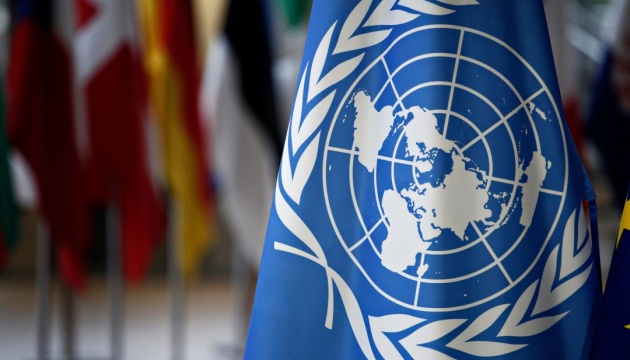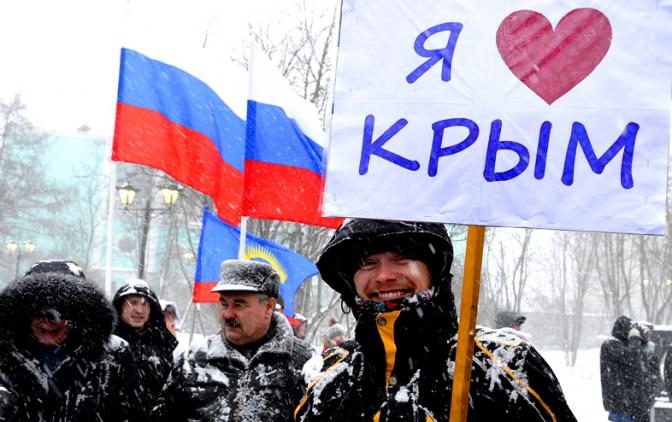Pavlo Kazarin thinks that the main obstacle in the way of establishing dialogue between Ukraine and Russia is the Russians’ “imperialistic consciousness,” which forces them to take the standpoint of the ‘elder brother,’ who thinks that the fact that “little brothers live separately is a geopolitical accident.”
“Russia’s problem is that it has no border priority, it is unclear where it ends. Let us imagine that ‘Novorossiya’ happened, and not just in Donbas, but in Kharkiv, Odesa, Mykolayiv, Zaporizhya. Does this mean that the citizens of Kirovohrad or Sumy will be able to define their lives without turning to Moscow? Or should all of Central Ukraine be given to Russia? The problem of the ‘Russian World’ is that it is unclear where it ends. Where are Russia’s borders? Where former citizens of the USSR, the Warsaw Bloc, the Russian Empire live? Where Christians, monotheists or bipedal creatures live? I have no response to this question, where the ‘Russian World’ ends,” thinks Pavlo Kazarin.
Therefore, he is not counting on dialogue to begin soon.
“Ukraine feels deceived and offended. Therefore the first thing they expect from Russians who come to Kyiv are words of penance. And, possibly, because of this there is no dialogue between Ukrainian and Russian intelligentsia. Because the Russians don’t feel like they represent an aggressive country, or they don’t feel personally responsible for the existing political regime in Russia,” thinks Pavlo Kazarin, who says that he has been recently “explaining Ukraine to Russians,” “Russia to Ukrainians” and “Crimea to everyone.”
To Pavlo Kazarin’s mind, relations between Ukraine and Russia will not return into the legal field until Crimea returns under Ukraine’s jurisdiction. According to the analyst, not only Ukrainian politicians will insist on this but international institutions as well, as this ruins the entire post-war world order.
“The issue of Crimea is not only an issue of Ukraine-Russia relations. This is a principal issue of the entire international agenda. Because, if territories can be annexed in the XXI century, this means we are okay with unfreezing a big number of ‘cold conflicts.’ Therefore, the issue of Crimea’s legal status is an issue which may be not even under Ukraine’s charge, but under the charge of the collective West, even if Ukraine doesn’t attempt to return it as a subject, it is important to the West that Crimea, even if it doesn’t return to Ukraine, at least stops being Russian,” Kazarin thinks.
In his opinion, the most difficult part is finding a way to accommodate Crimeans’ interests in this process, because annexation is a rare occurrence in world history, and there is not enough appropriate experience.
“We don’t have any legal toolbox, experience accumulated by the world community, which would give us a clear answer how to behave in such cases. How to account for the interests of such and such ethnic or social groups, how to do this, should some expression of will happen in Crimea in terms of how Crimeans see their future, should it be an imperative change in legal status? Ukraine will have to be one of the first to answer these questions. One would want these answers to be an example of reason and ability to work in perspective,” the Crimean journalist sums up.





